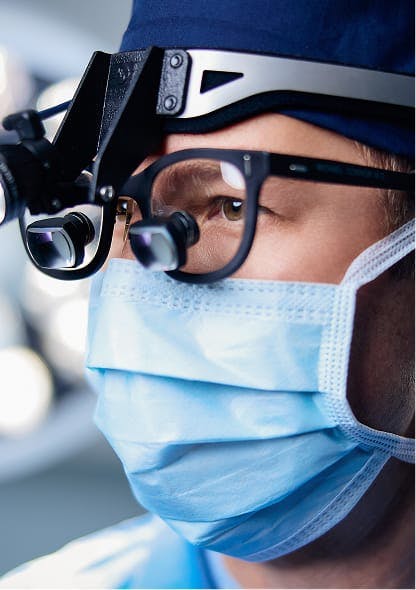If you have noticed a new bump, lesion, or discoloration on your eyelid, it’s natural to feel concerned, especially when the cause isn’t immediately clear. Eyelid growths are common and usually benign, but some lesions require closer evaluation to rule out skin cancer or other underlying conditions.
What Are Eyelid Growths?
Though many eyelid growths tend to be benign, their appearance does pose some risk of cancer. Cancerous skin lesions that occur around the eye or on the eyelid include squamous cell carcinoma (SCC), basal cell carcinoma (BCC), melanoma, and sebaceous gland carcinoma. In order to determine the nature of the growth, a biopsy or tissue sample can be extracted in the office with local numbing medication. This simple extraction is required in order to provide patients with a definitive diagnosis. If the lesion is cancerous, a second operation will be done to remove all of the cancer cells.













